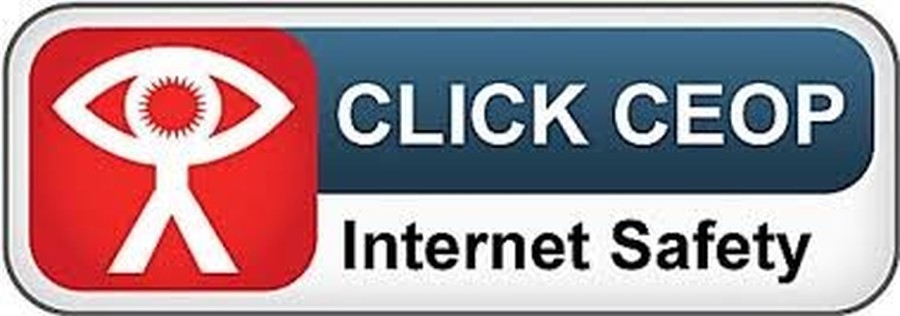E-Safety
With technology becoming an increasingly import aspect of everyday life, it is important that our pupils are taught how to use technology safely both at school and at home.
Our students follow the SMART rules which help them to remember key aspects of internet safety.
S stands for Safe - keep safe by never giving out personal details. Pupils are encouraged to create avatars or screen names when on line that do not allow people to see their full name. They are also warned about the dangers about giving people information about where they are , either by including details about where they are going or giving information away through photographs showing addresses, school logos etc..
M stands for Meeting - our pupils are discouraged from meeting anybody they have met or communicated with on line. You don't know who you are talking to when you communicate on line. Anybody could copy and post a photo and pretend to be somebody different.
A stands for Accept- our pupils are warned about the dangers of accepting or opening emails or pop ups that look suspicious as they may contain viruses.
R stands for reliable. - Pupils are taught to approach everything they see on line with an open mind. Just because information is on line it doesn't mean that it is true. Our older pupils are taught how to compare a range of sources and discuss the validity of information.
T stands for tell - pupils are taught about cyber bullying and encouraged to tell a trusted adult about anything they encounter on line that makes them feel uncomfortable.
Throughout the year we run events for parents and pupils. We have forged very strong links with our local PCSO Team who come into school on a regular basis to deliver an online safety workshops. We also lead a cyber awareness session for parents.
Click the icon above to report abuse or other internet safety issues to the police.
Using the Internet Safely at Home
Whilst many Internet Service Providers offer filtering systems to help you safeguard your child at home, it remains surprisingly easy for access inappropriate material including unsuitable texts, pictures and movies, Parents are advised to set the security levels within Internet Explorer with this in mind. Locating the computer in the family area, not in the bedroom, will enable you to supervise children as they use the Internet. However, don't deny your child the opportunity to learn from the wide variety of material and games available on the Internet. Instead set some simple rules for keeping them safe and make sure they understand their importance.
Further information and help for parents can be found here: http://parentinfo.org/
Online Safety Documents
Facebook Information for Parents
Bradford District Cyber Team Top Tips
Safeguarding Your Child On Line
Virgin Media's Safer Internet or Children
Simple Rules for Keeping Your Child Safe online
To keep your child safe they should:
- ask permission before using the internet
- only use websites you have chosen together or a child friendly search engine
- only email people they know, (why not consider setting up an address book?)
- ask permission before opening an email sent by someone they don't know
- not use internet chat rooms
- not use their real name when using games on the internet (create a nickname)
- never give out a home address, phone or mobile number
- never tell someone where they go to school
- never arrange to meet someone they have 'met' on the internet
- only use a webcam with people they know
- tell you immediately if they see anything they are unhappy with
Using these rules
Go through these rules with your child and pin them up near to the computer. It is also a good idea to regularly check the Internet sites your child is visiting e.g. by clicking on History and Favourites. Please reassure your child that you want to keep them safe rather than take internet access away from them.
For further information go to:
- NSPCC: How to keep your child safe online
- CEOP: www.ceop.gov.uk
- Childnet: www.childnet.com
- Think U Know: www.thinkuknow.co.uk








